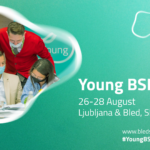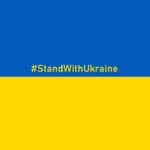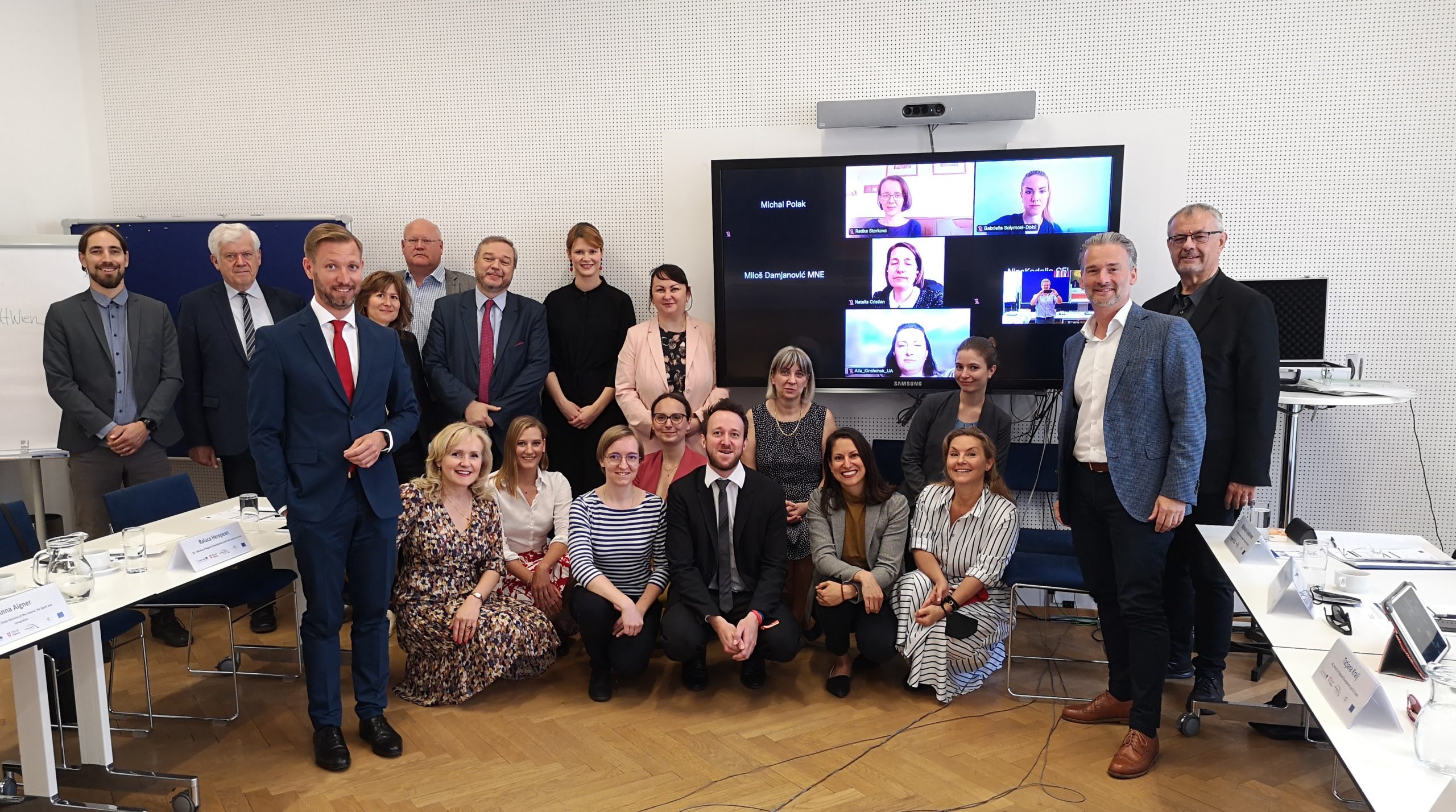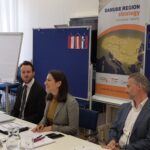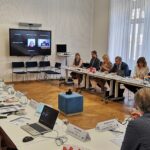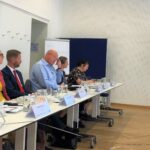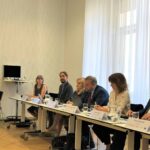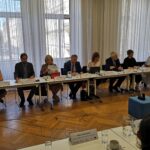The Steering Group of Priority Area 10 “Institutional Capacity and Cooperation” met on 31 May 2022. After two years of online meetings, the 22nd PA 10 Steering Group Meeting took place in Vienna in a hybrid format.
Bernhard Jarolim, Chief Executive of Urban Planning, Development and Construction of the City of Vienna, and host opened the meeting with a welcome address expressing his support for Ukraine and stressing the importance of international cooperation to tackle common challenges and policies such as the Green New Deal.
Alla Kinshchak from the Ministry for Communities and Territories Development in Ukraine reported on the updates on planning this year’s EUSDR Annual Forum in October.
The Steering Group Meeting aimed at discussing recent Governance updates of the EU Danube Strategy such as the recently published Policy and Impact Evaluation of the strategy, the state of play in embedding the Danube Strategy in ESIF programmes, and the progress on the EC Report on the Implementation of macro-regional strategies.
Likewise, Karolina Jasinska-Mühleck, DG Regio, presented the current decision on the suspension of funding for partners from Russia and Belarus as a response to the war in Ukraine.
News on funding and civil society involvement
Furthermore, the Steering Group Meeting addressed the framework conditions for funding under the new Danube Region Programme as well as the priorisation of topics and Steering Group activities that should be funded with the new PAC Support. Johannes Gabriel, Danube Region Programme, presented the key features of the new programme. Subsequently, the members of the Steering Group discussed possible activities to intensify collaboration and outreach to further stakeholders.
In view of this year’s EUSDR Annual Forum, Stefan Lütgenau, Danube Civil Society Forum, presented the topic for the Danube Participation Day 2022 that will take place back-to-back with the Annual Forum. This year, the Danube Participation Day aims at taking stock of civil society involvement in the Danube Strategy. Thereby, the conference seeks to take a closer look at the different formats of interactions between civil society organisations and the EUSDR core governance and expectations that are linked to them. In doing so, the Danube Participation Day should provide a set of formats, conditions and features that support successful civil society involvement.
Forever young? Youth involvement in the Danube Strategy
With the agenda of youth involvement on the rise, the Steering Group discussed different youth initiatives in the Danube Region. The Danube Strategy Point recently published a Call for the Danube Youth Council (DYC), an Advisory Board consisting of young people from the Danube Region to represent youth in the Danube Strategy. The call will be open until August 2022, with youth camps for capacity building starting at the end of the year.
Likewise, the Centre for European Perspective opened a call for participation for the Young Bled Strategic Forum that provides a platform for discussion with experts on political and societal challenges.
Cross-macro-regional cooperation for smart villages
Peter Niederer from the Swiss Centre for Mountain Regions presented the Smart Village approach and plans for a cross-macro-regional cooperation to promote it in all four macro-regions. The starting point was a strategic project in the Alpine Region that is expected to be further developed through the SMART ERA project in Horizon Europe.
Finally, the Steering Group members shared updates on up-coming events and activities such as the Danube Festival in Ulm, funding webinars on youth projects, cross-border services and digitalisation, the CEI Local Dimension and a calls for proposals, the Bled Strategic Forum, and a call for reviving National Participation Days in the Danube Region.
The minutes and annexes (agenda, presentations etc.) will be shared on the website in the Steering Group section as soon as the minutes are approved by the Steering Group.
Links
- PA 10 Steering Group | Family Picture
- Opening of the 22nd Steering Group Meeting
- PA 10 Steering Group Meeting
- PA 10 Steering Group Meeting
- PA 10 Steering Group Meeting
- PA 10 Steering Group Meeting


